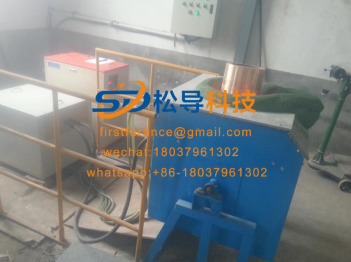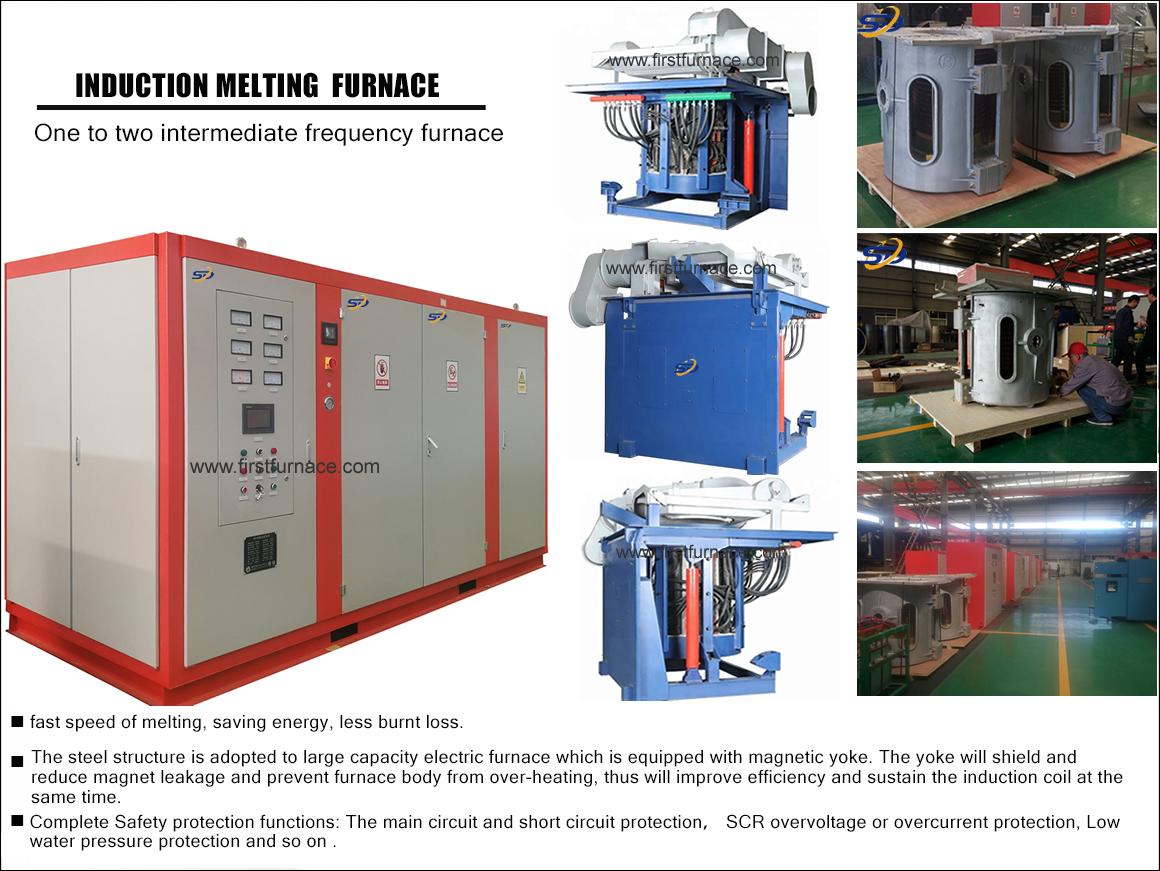Sales hot line ( 24 hours service): 18037961302
E-Mail: firstfurnace@gmail.com
whatsapp:+8618037961302
Adress: Luoxin Industrial Park, Luoyang, HenanLarge diameter steel pipe quen
Piston rod quenching and tempe
Grinding rod quenching and tem
High frequency induction heate
Quenching equipment for machin
Round steel end heating furnac
Steel pipe heat treatment prod
Square steel quenching and tem
Sucker rod quenching and tempe
Thickened petroleum steel pipe
Round steel quenching and temp
Steel pipe quenching and tempe
Steel plate quenching and temp
Induction Hardening Machine&nb
Flywheel ring gear high freque
Copper melting furnace or medium frequency copper melting furnace is one of the main melting equipment of metal materials. It works by the principle of electromagnetic induction and current thermal effect, that is, the induction current is generated in the metal material by electromagnetic induction. When the induced current flows in the metal material, Generates heat to heat and melt metal materials. The electric furnace heats fast and has a high temperature. The melting temperature can reach 1600 ° C to 2100 ° C. It has strong stirring ability and is suitable for alloys with high melting temperature and no slag melting. Alloys, etc.
The main processes of copper smelting include charging, melting, refining, and casting. We offer you medium-frequency copper furnaces with competitive prices and reliable quality .
1. Copper alloy smelting charging principle and melting sequence: The metal with the most charge should be first melted into the furnace. The metal with more charge is first melted, and other metal elements are gradually added after forming a metal molten pool, so that the melting loss of the metal elements can be reduced. The easily oxidizable and volatile alloy elements should be finally melted in the furnace.
2. Metal loss and oxidation during smelting: During the smelting process, some alloying elements inevitably produce volatilization and oxidation, resulting in metal waste and changes in alloy chemical composition, affecting the quality of metal materials. The volatilization of metal mainly depends on its vapor pressure. Under the same melting conditions, the vapor pressure is high, and the metal is volatile and easy to burn, such as zinc and phosphorus. The degree to which a metal is oxidized mainly depends on the nature of the metal, and metal elements with a strong ability to combine with oxygen are easily oxidized. Metal oxidation is also related to temperature. The higher the melting temperature, the greater the oxidation loss.
3. Degassing refining: gas degassing method, flux degassing method, boiling degassing method are commonly used for degassing methods for smelting copper alloys. Gas degassing method: Inert gas is used. It has no effect on the metal liquid, does not dissolve in the metal liquid, and does not interact with the gas dissolved in the metal liquid, such as nitrogen and argon. Inert gas degassing means that nitrogen (N2) is introduced into the bottom of the metal liquid through a steel pipe, and many bubbles are released. When the bubbles rise, the gas dissolved in the metal liquid can be taken out. Flux degassing method: Flux degassing is the use of thermal decomposition of molten salts or substitution reactions with metals to generate volatile bubbles that are insoluble in the melt to remove hydrogen. Boiling degassing: Boiling degassing is a special degassing method commonly used when melting high zinc brass in an induction electric furnace.
4. Residue refining: static clarification: The static clarification process generally allows the melt to remain at the refining temperature for a period of time to allow oxidation and slag to float or sink to be removed. Flotation slag removal method: Flotation slag removal is the use of flux or inert gas and oxides to produce some kind of physical and chemical action, that is, adsorption or partial dissolution, causing scum to remove oxides. Flux deslagging method: Add flux to the melt and remove the slag by absorbing, dissolving, and combining slag to form oxides. The stronger the slagging ability of the flux, the better the effect of slag removal and refining. Casting time: Different grades of copper alloys have the most suitable casting temperature. Above or below this temperature will directly affect the quality of the ingot. For the mold ingot method, the control of the casting temperature is closely related to the casting time, because the longer the casting time, the greater the temperature difference between successively cast metal melts. For alloys with a narrow casting temperature range, the longer the casting time, the more difficult it is to control the casting temperature. Casting speed: The casting speed is usually expressed in millimeters per second that the metal melt in the ingot mold rises.
The selection principles for the casting speed of an intermediate frequency copper furnace are:
① Under the premise of ensuring the quality of the ingot product, appropriately increase the casting speed;
② For a certain alloy, if the alloying degree is low, the crystallization temperature range is small, and the thermal conductivity is good, the casting speed can be appropriately increased;
③ If the cooling speed of the ingot mold is large and the diameter of the ingot is small, the casting speed can be appropriately increased.
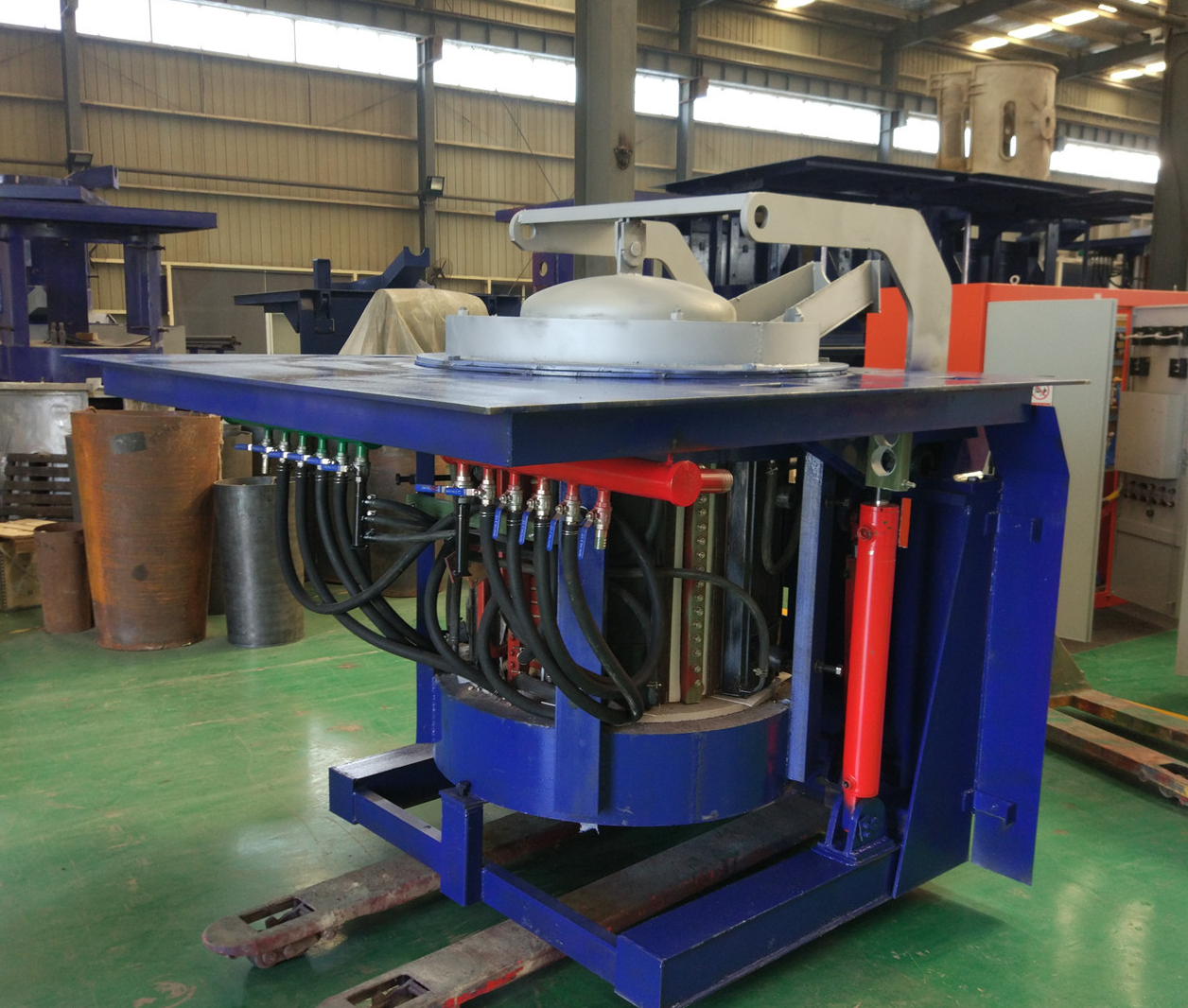
Iron induction furnace
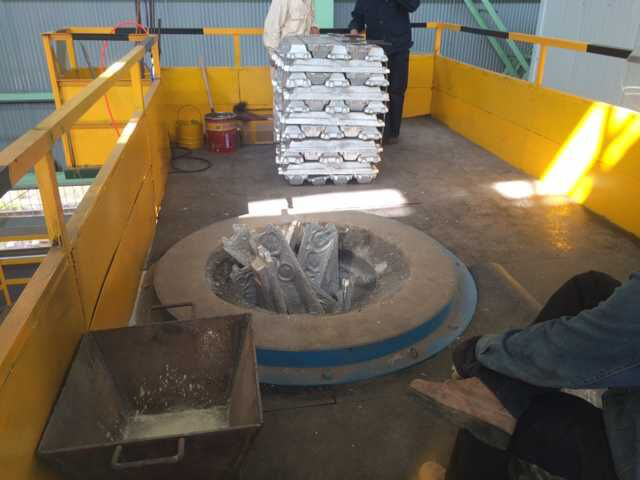
Aluminum melting furnace
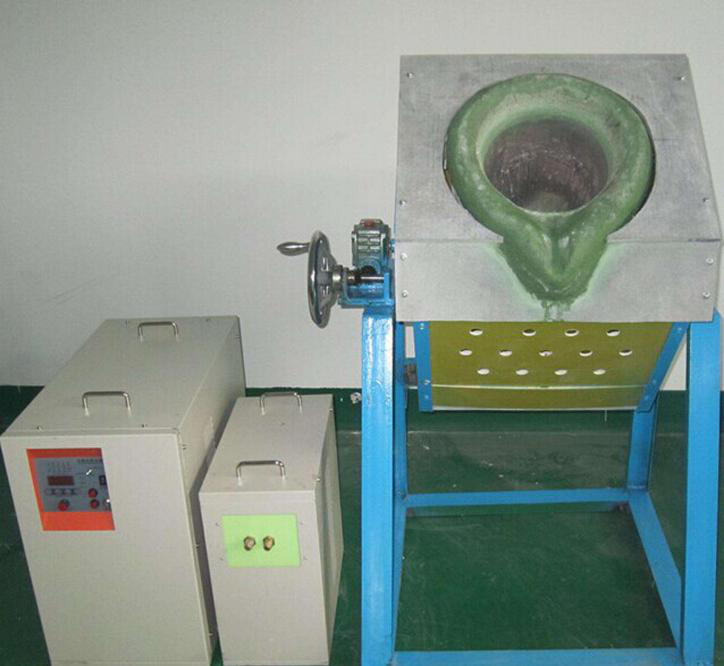
Copper melting furnace
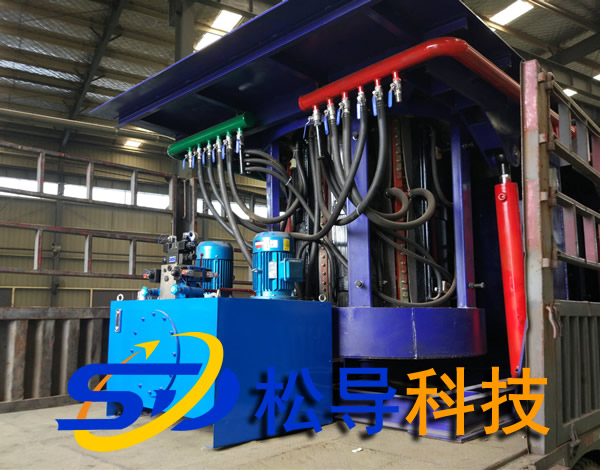
Small steel melting furnace
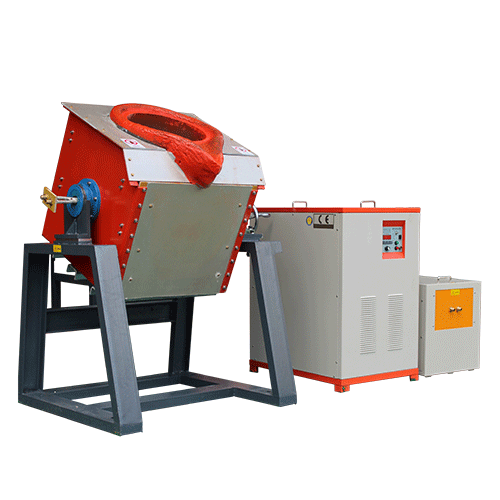
Small induction melting furnace
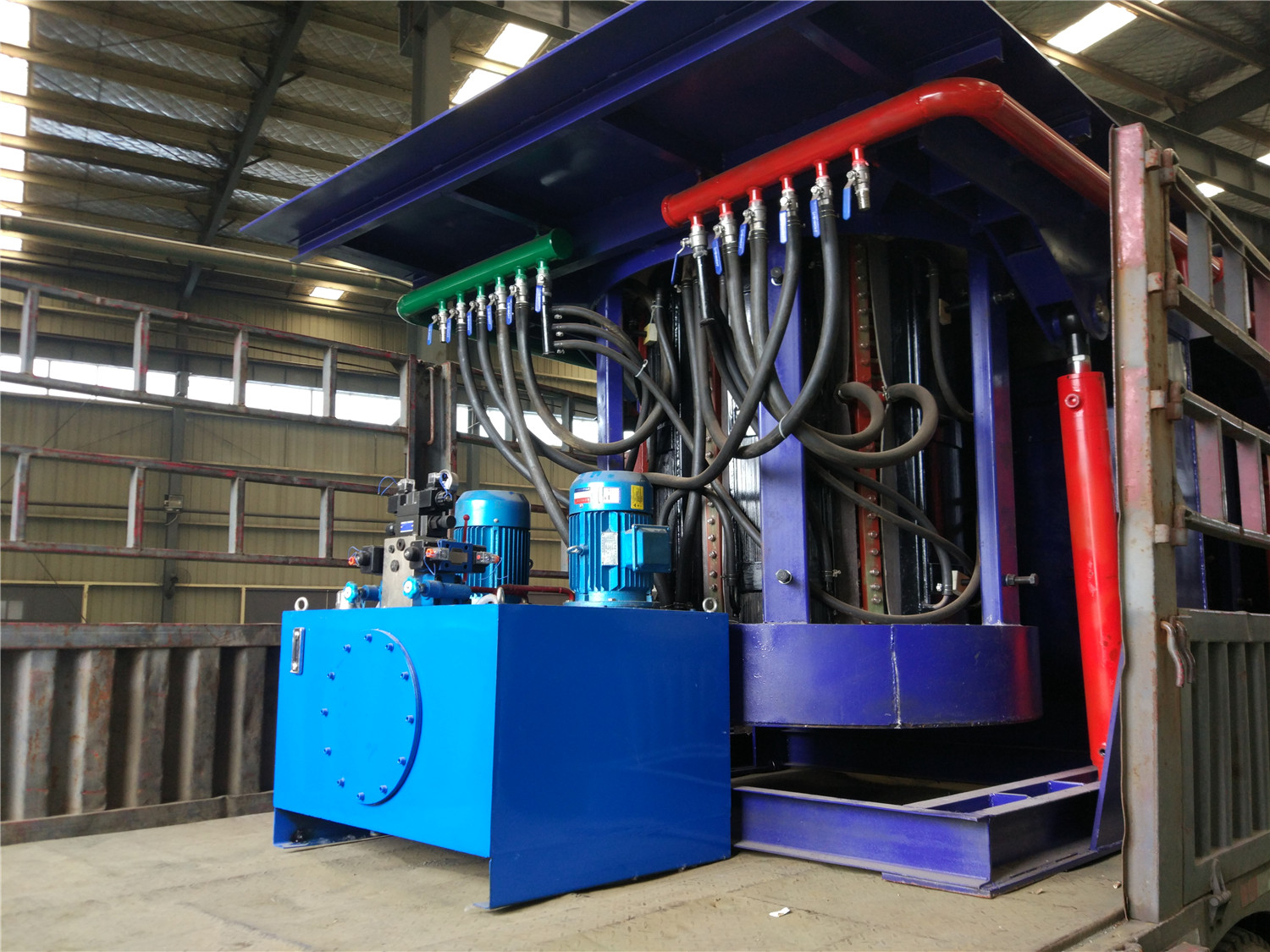
Induction iron furnace
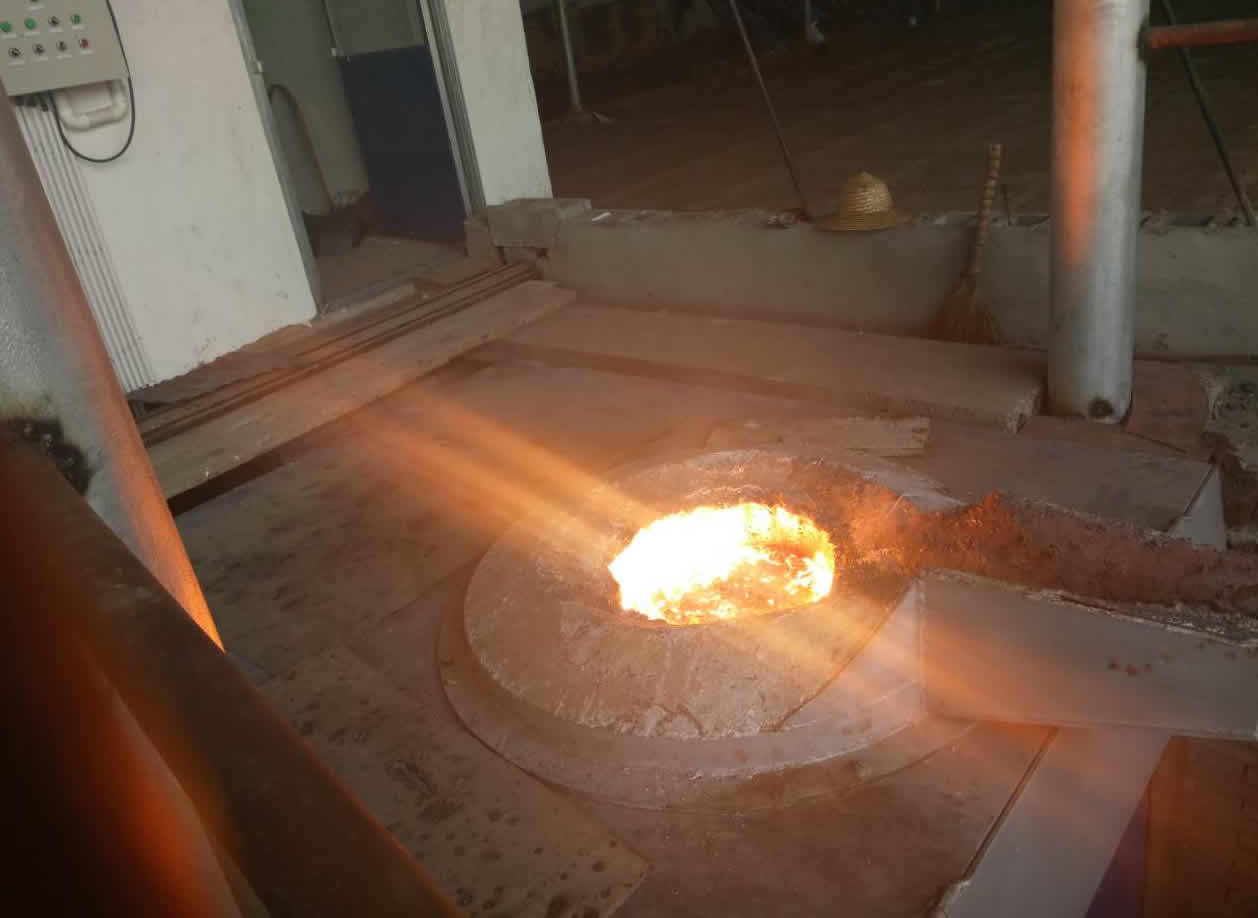
3T intermediate frequency iron melting f
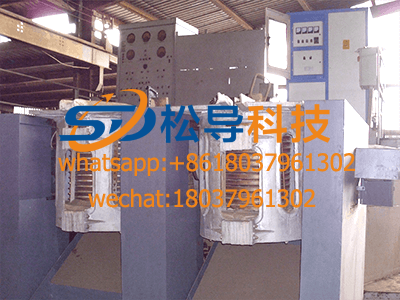
0.25T Intermediate Frequency Furnace
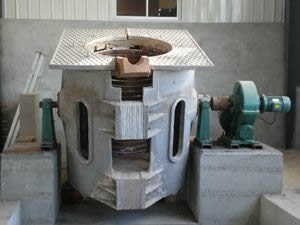
0.5T Intermediate Frequency Furnace
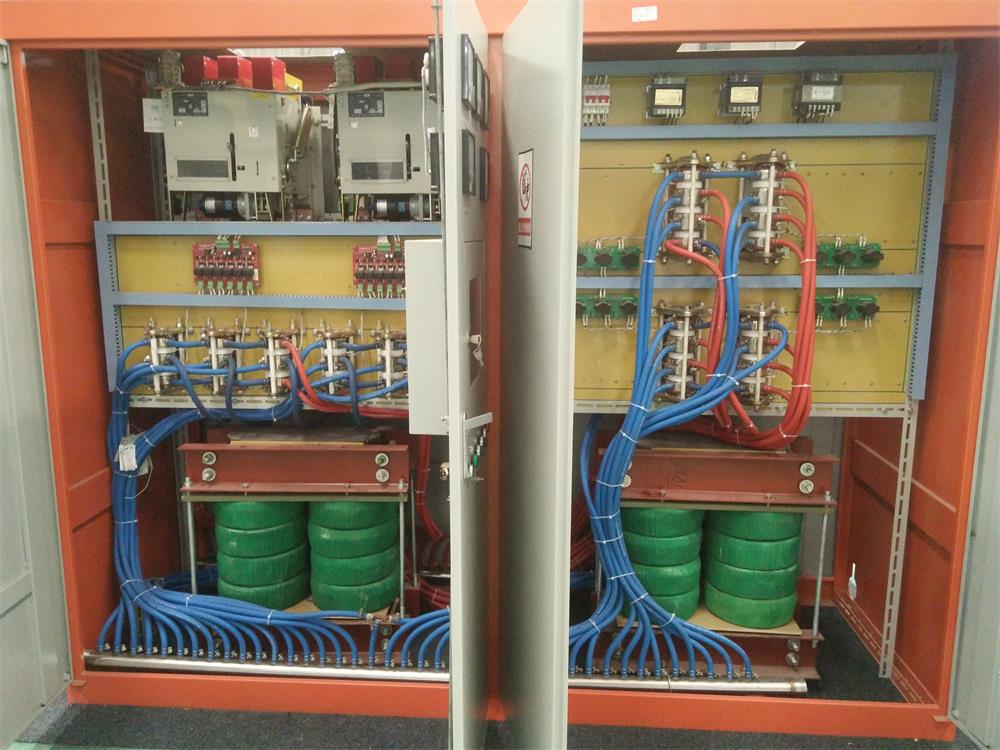
Medium Frequency Furnace

2T Induction Melting Furnace
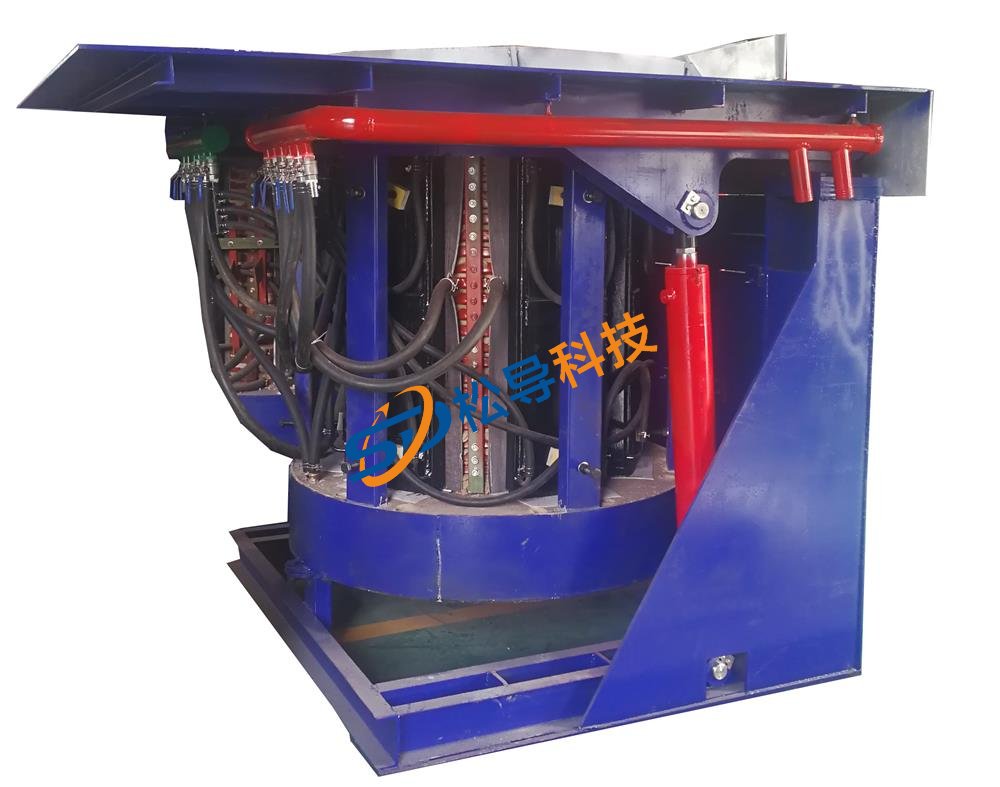
1T Induction Melting Furnace
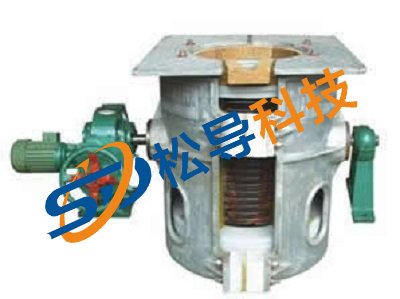
500kg Induction Melting Furnace
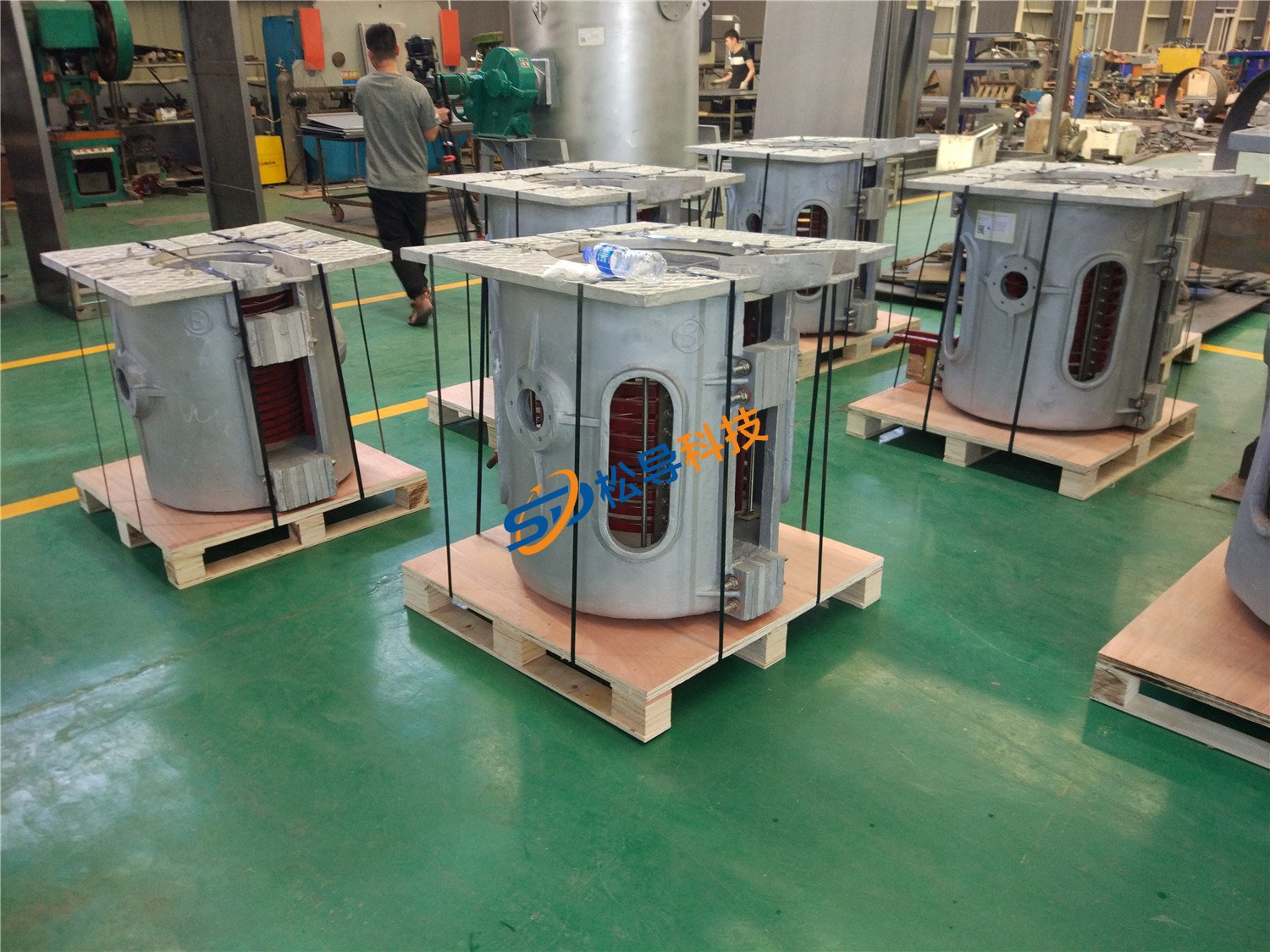
250kg Induction Melting Furnace
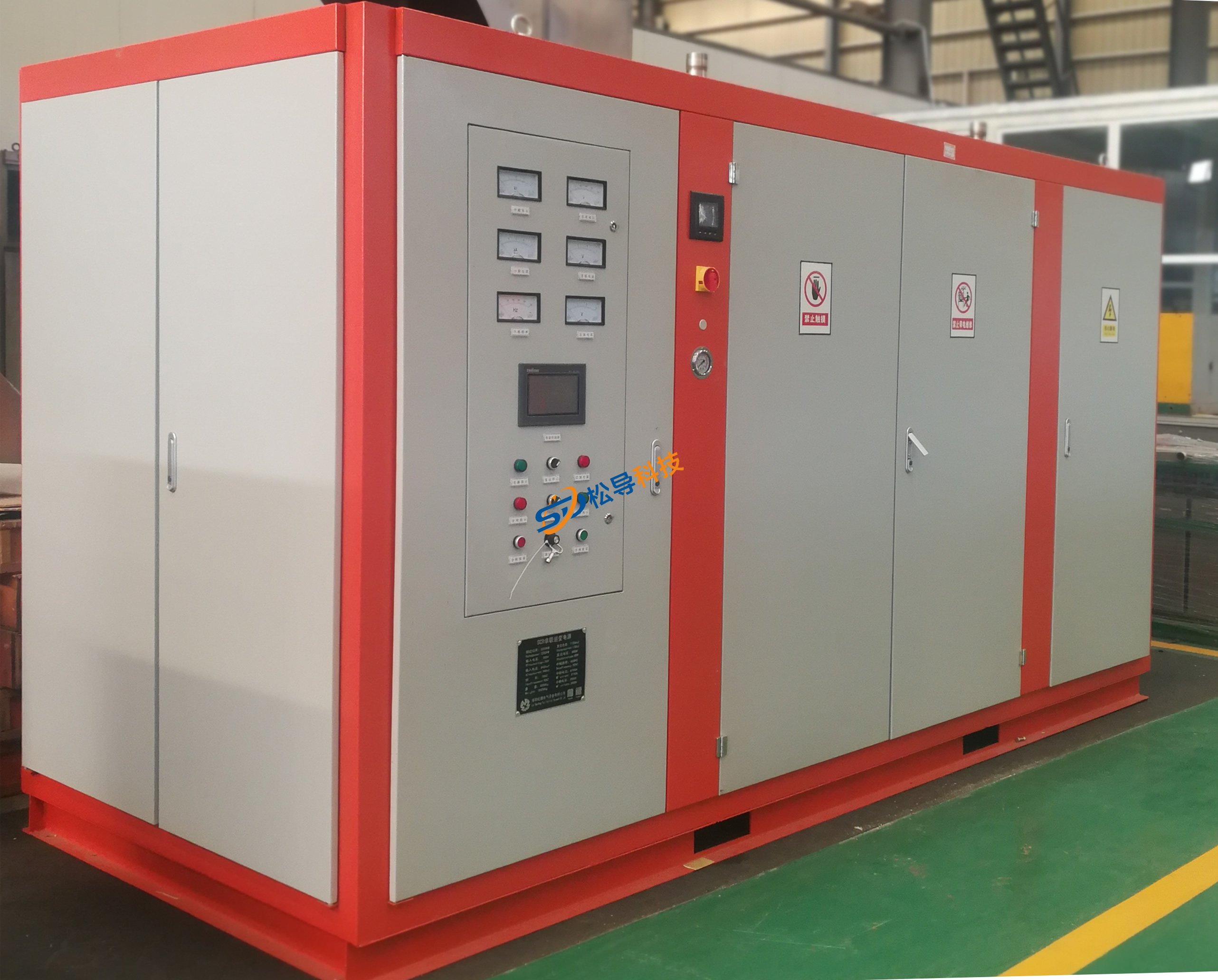
Induction Melting Furnace
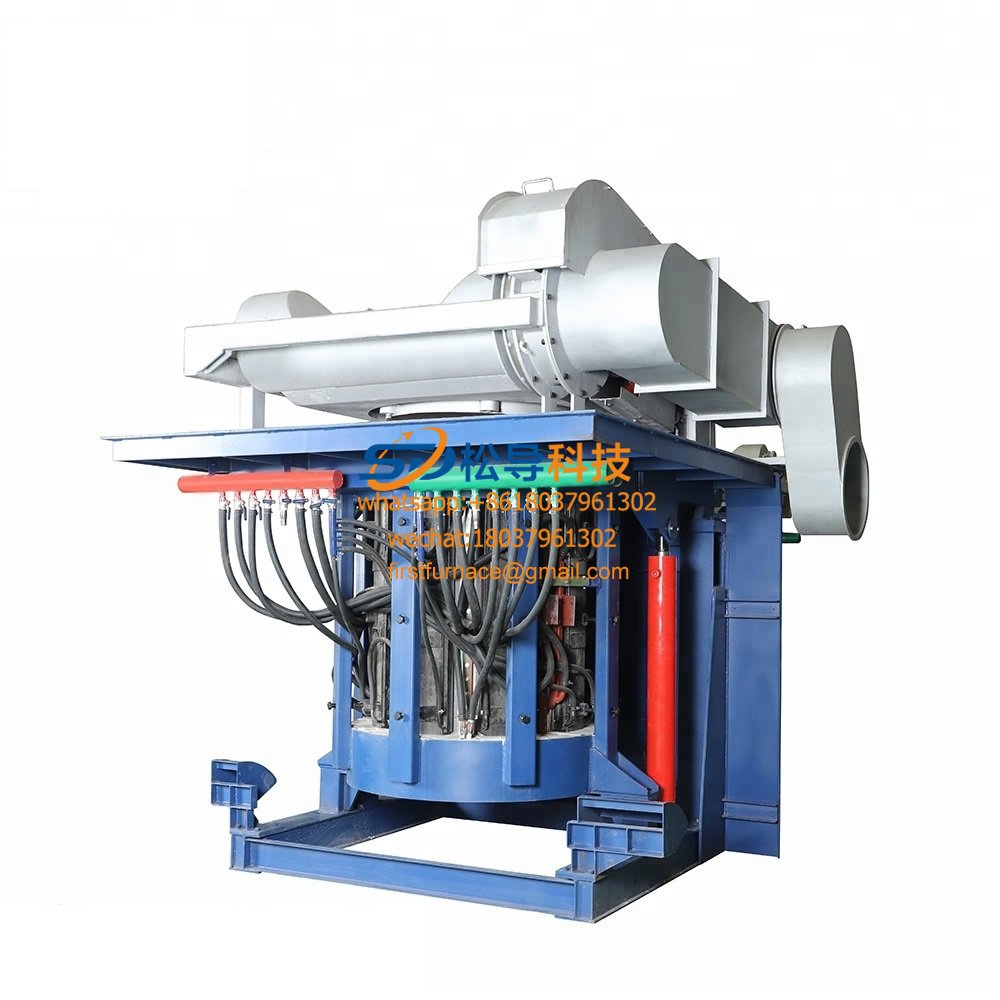
3 T Induction Melting Furnace
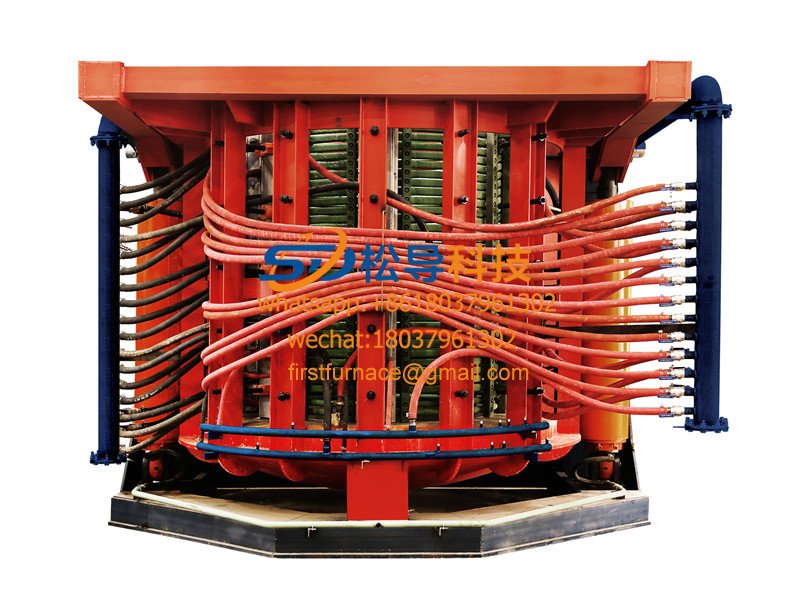
5T Induction Melting Furnace
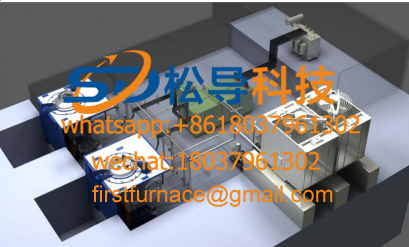
1T One Belt Two Intermediate Frequency F

5T One Belt Two Intermediate Frequency F
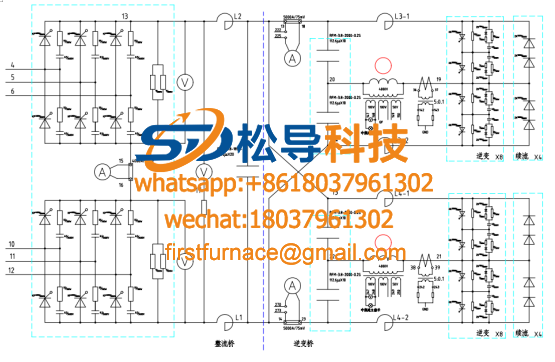
3T One Belt Two Intermediate Frequency F
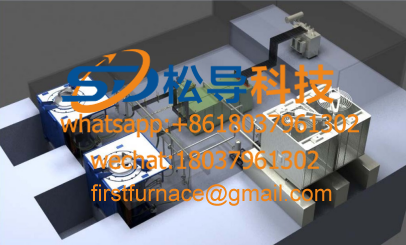
2T One Belt Two Intermediate Frequency F
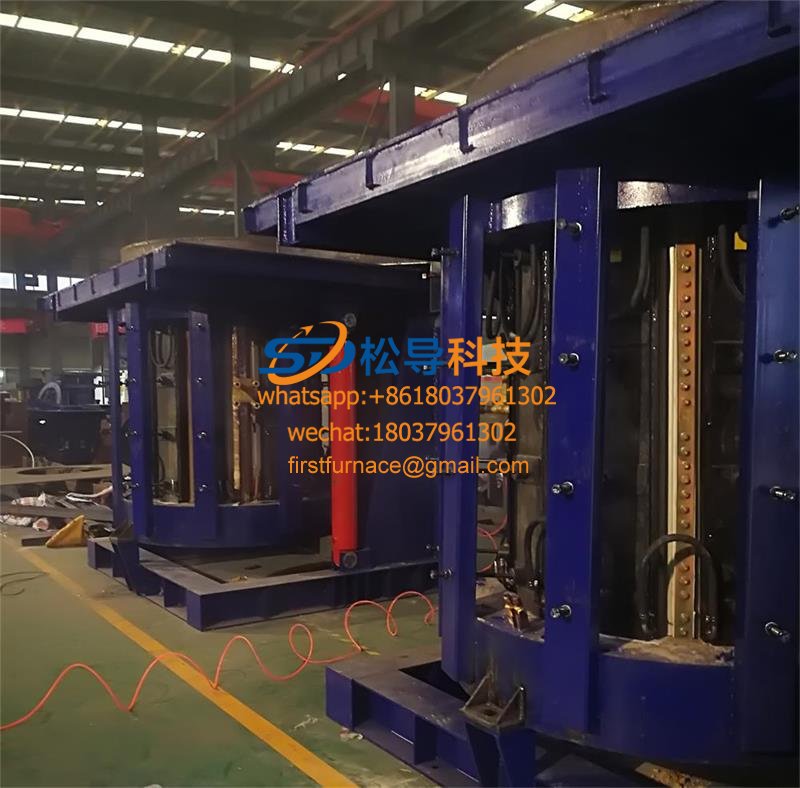
5T Parallel Intermediate Frequency Furna
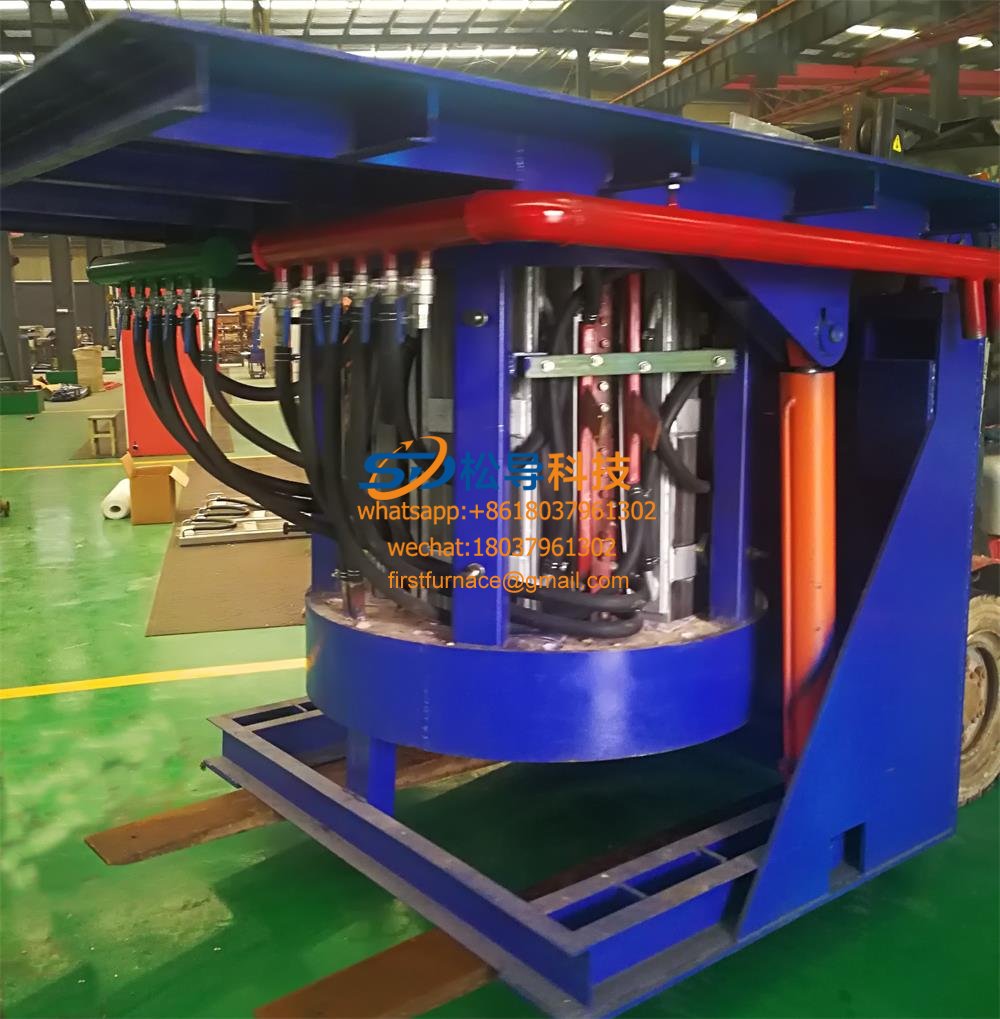
5T Intermediate Frequency Furnace

5T Series Intermediate Frequency Furnace
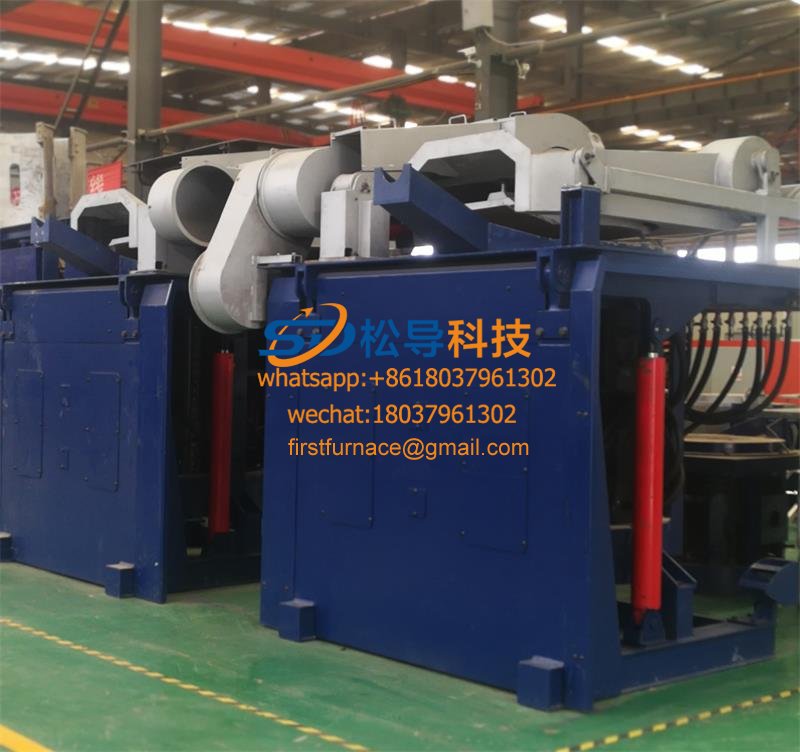
3T Series Intermediate Frequency Furnace
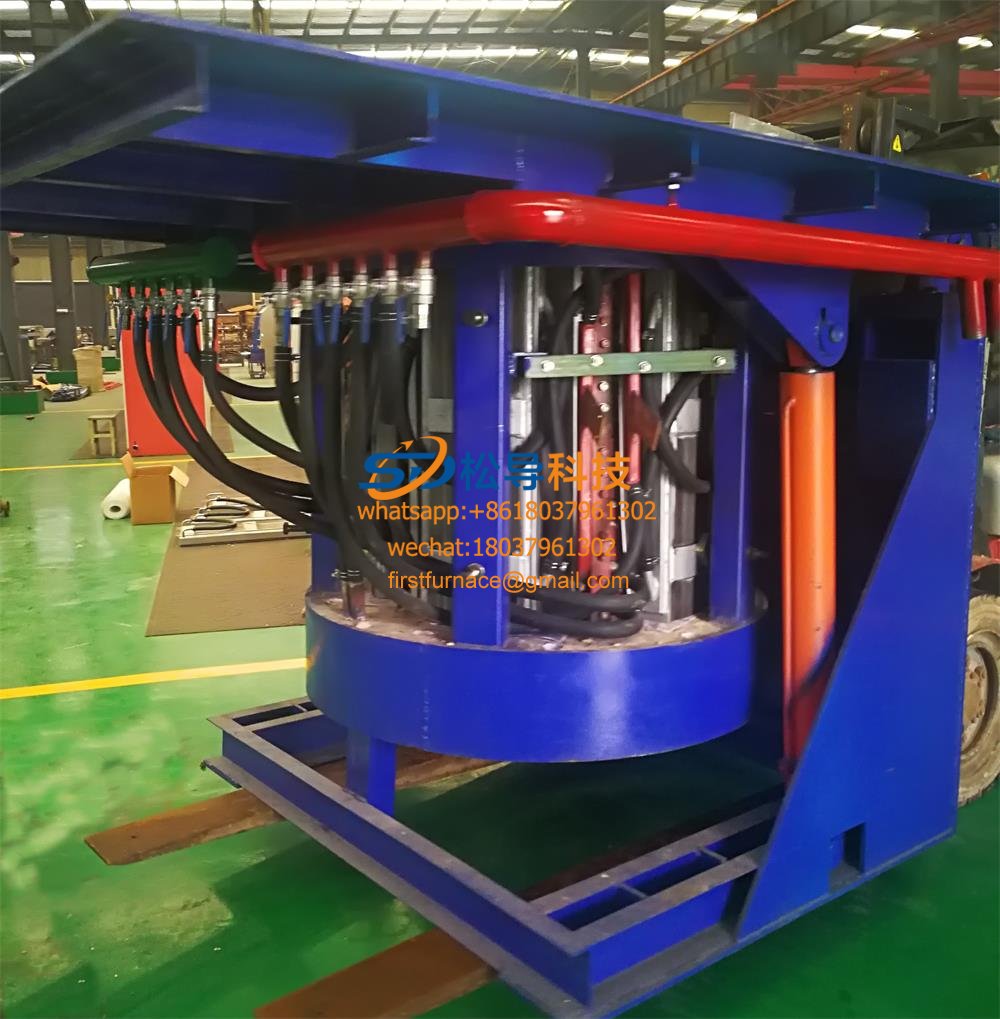
2T Series Intermediate Frequency Furnace
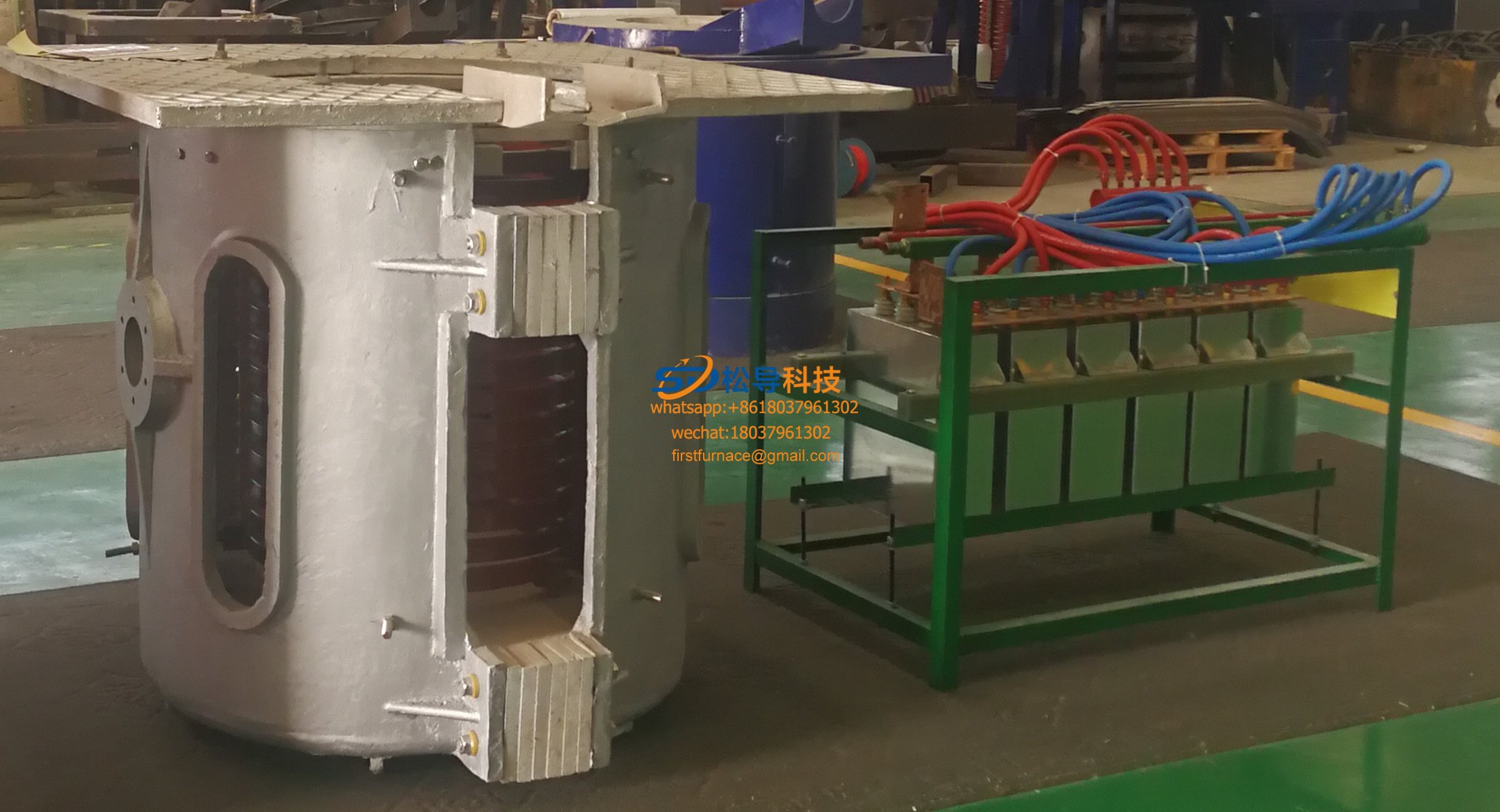
1T Series Intermediate Frequency Furnace
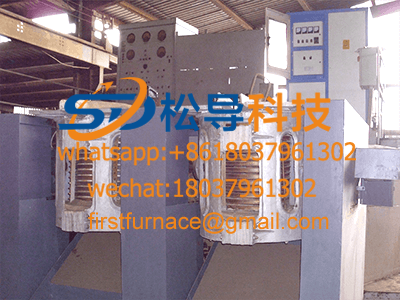
0.5T Series Intermediate Frequency Furna

0.25T Series Intermediate Frequency Furn
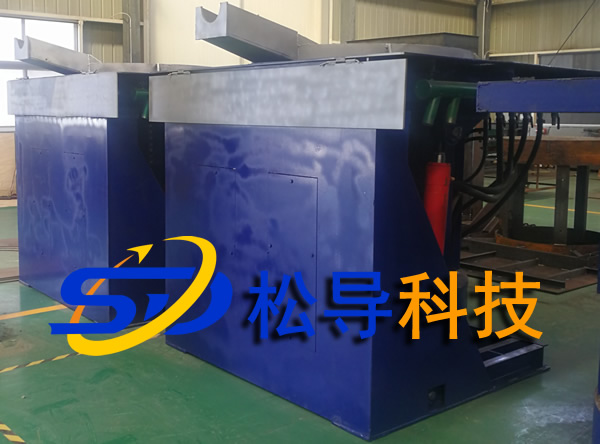
1T Parallel Intermediate Frequency Furna
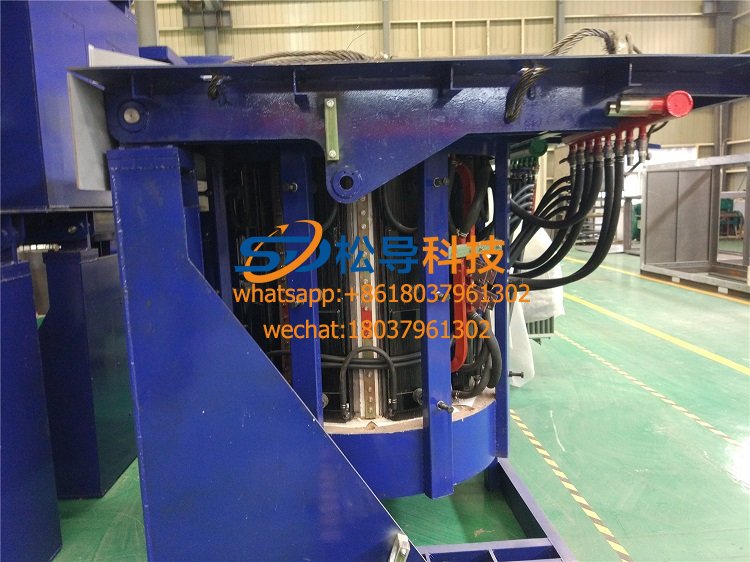
2T Parallel Intermediate Frequency Furna
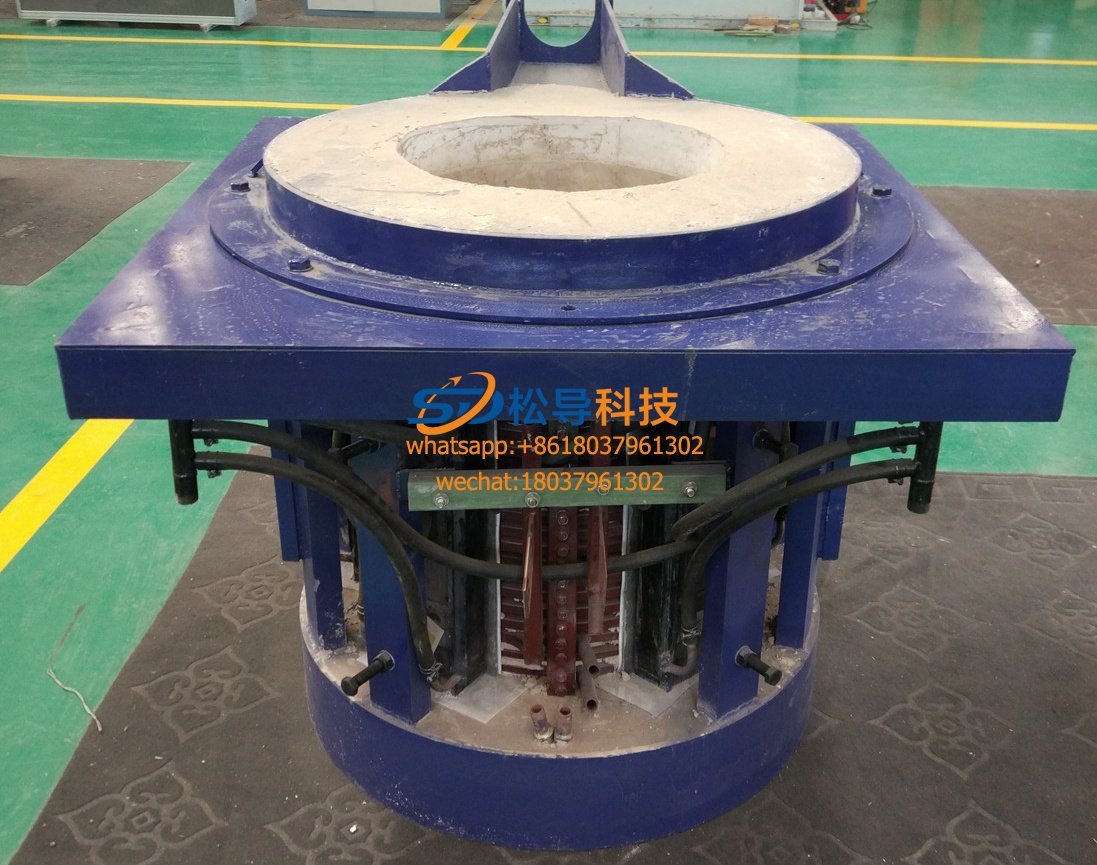
0.5T Parallel Intermediate Frequency Fur






